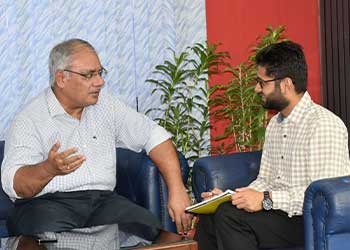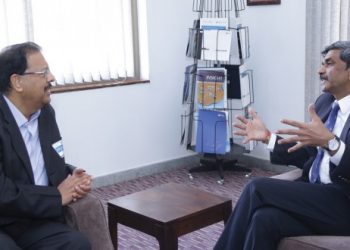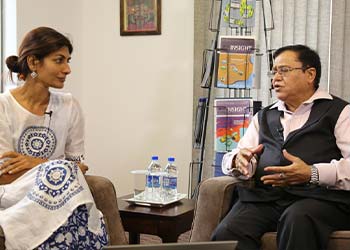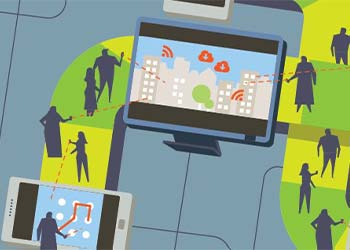Entrepreneurship, Intrapreneurship and Agri-Tech
In working with farmers, we have shifted the value creation paradigm from the last-mile to the ‘first-mile’, says S. Sivakumar, Group Head, Agri & IT Businesses, ITC in an ISBInsight Student Challenge Industry Speak interaction with Ankur Badonia.
Read more













